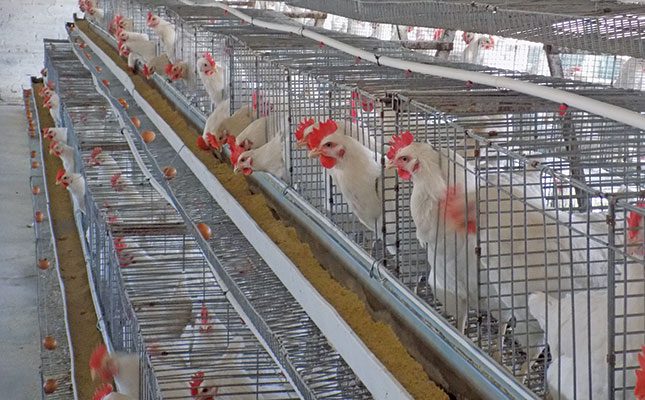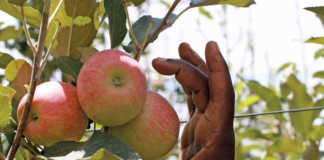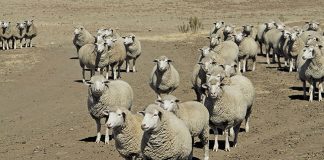
The inquiry, according to the Poultry Market Inquiry Draft Terms of Reference, is motivated by the “highly concentrated” and vertically integrated nature of the poultry value chain, which the commission believes has slowed down transformation in the industry by limiting the scope for new players to enter the market and compete with established producers.
The document points out that 90% of broiler genetic material come from Aviagen and Cobb-Vantress, with only four South African companies, Astral, RCL, Quantum and Country Bird, having distribution rights for these breeds.
Local distributors also control the value chain, from the import of breeding stock to the supply of day-old chicks.
For egg-laying hens, Lohmann and Hy-line are the main commercial egg breeds, imported by two local companies, Quantum and Hy-line South Africa.
According to the document, there were 30 feed companies in 2020 of which three companies, Meadow Feeds – part of Astral; Epol – part of RCL Foods; and Afrgri, were responsible for 75% of feed production.
Another prominent feed manufacturer is Nova, which is part of Quantum Foods. Quantum Foods, Sovereign Foods and Kuipers supply 51% of the egg market, while RCL and Astral have a joint market share above 35% of the broiler market.
According to the document, market share of the largest broiler producers has grown since 2015 while those of other players has shrunk. This despite government’s industrial policy interventions and active trade policies.
The South African Poultry Association (SAPA) committed to co-operate with the inquiry but said it was surprised an inquiry was considered necessary. It was also concerned about some of the statements and assumptions in the commission’s announcement.
Izaak Breitenbach, general manager of the broiler division of SAPA, told Farmer’s Weekly, that the inquiry did not make any sense: “Studies from Wageningen University in the Netherlands have year-after-year identified South African producers as among the most competitive in the world. We produce chicken for cheaper than any European country, the same as in the United States, but are outcompeted by Brazil.”
He said the commission seemed to have an underlying suspicion that the concentration of large companies in both the broiler and egg industries was bad for the industry and consumers.
He added it was in fact necessary so as to bring sufficient mass to enable certain operations, such as poultry breeding or feed mills, and ultimately enhanced the competitiveness of the South African poultry industry.
“Look at all the other international producers and you will see that their industry structures are similar,” he said.
He added that there was no evidence or reason to believe that the big companies had taken advantage of their position.
“Poultry margins have been low for the past few years, ranging between 4,5% and 6%. The industry also did not make any profits last year, with top companies recording substantial losses due to the rapid rise in feed costs following Russia’s invasion of Ukraine, and local factors, such as the billions that producers have to spend to counter government’s failings to supply reliable electricity and water supplies, and the state of our roads and railways.”
Breitenbach also objected to the commission’s statement that there were “ongoing demands for bailouts through ever-increasing tariffs and the imposition of anti-dumping duties”.
“The industry has never in its history asked for ‘bailouts’ but rather protection against unfair and dumped imports. The International Trade Action Commission has repeatedly found that these imports are harming the industry and costing local jobs, and that the introduction of rebates on poultry imports would add stress on industry profitability.”
The commission has invited the public to submit comments on the draft terms of reference by 4pm on 15 March 2024.
Written submissions can be sent to [email protected]












